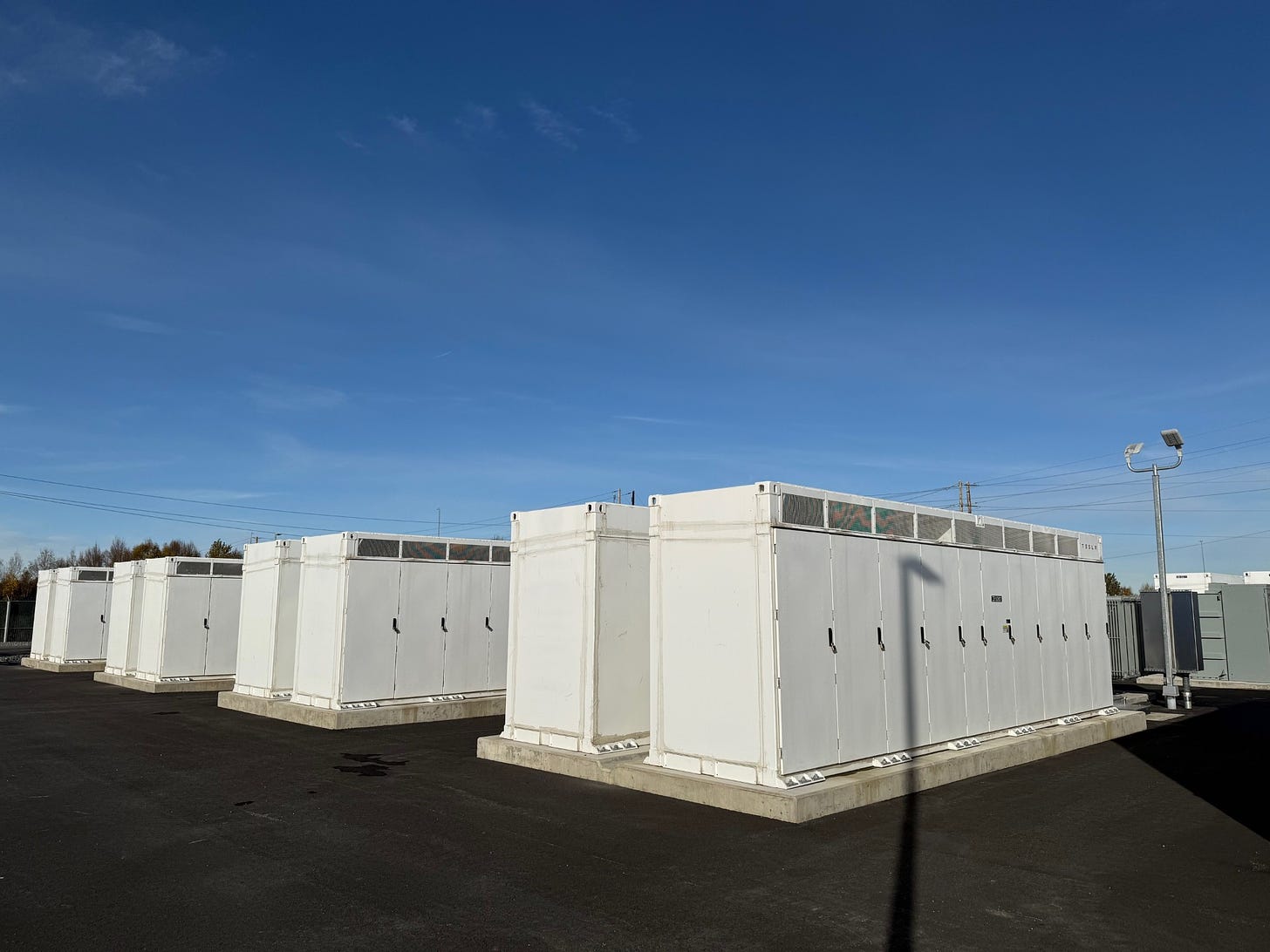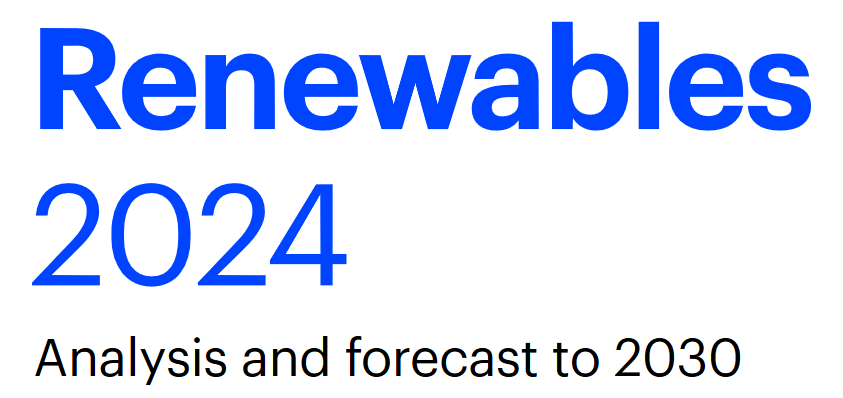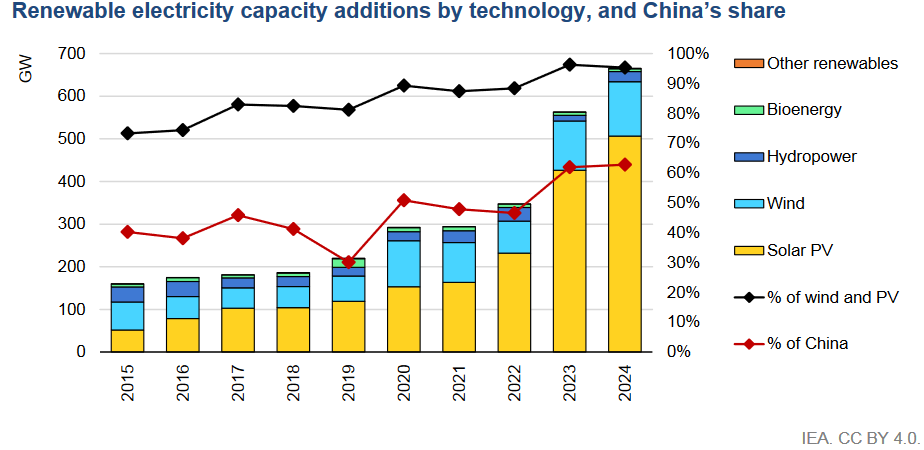The Weekly Potential #6
This week in the energy and materials sectors: Spain courting Stellantis, Northvolt troubles, Tesla's Alaska BESS, Rio Tinto acquiring Arcadium, Amprius, renewable energy adoption, battery charging
Welcome to the 6th edition of The Weekly Potential, a newsletter dedicated to providing insights into the energy and materials industries. This week we are diving into Spain’s courting of Stellantis, Northvolt troubles, renewable energy adoption and more.
In a continued attempt to give more value to the readers, we are increasing the number of industry news items, as you previously asked.
In other news, we are working on a deep-dive into Toyota’s batteries. Subscribe to receive the post directly in your inbox.
Let's dive in! 🔋
Lithium Horizons is a reader-supported publication. For deeper insights, including in-depth analysis, the latest developments, and expert insights into the energy and materials industries, subscribe below.
Industry Developments
Stellantis has received a €133 million subsidy promise from Spain for a potential EV battery plant near Zaragoza, as part of broader efforts to bolster the electric vehicle industry using EU relief funds. A final decision on the construction of the gigafactory has not yet been made by Stellantis as the company is still evaluating whether the battery factory should be built next to its existing plant in Figueruelas. This comes after Italy cut funding to Stellantis’ gigafactory due to slow progress.
Tesla has activated a €60 million Megapack battery energy storage system in Anchorage, Alaska, featuring a capacity of 40MW/80MWh. This initiative, co-owned by Chugach Electric and Matanuska Electric Association, aims to enhance grid reliability, reduce reliance on natural gas, and support renewable energy integration in the region. The site’s footprint could eventually allow a future expansion of up to 70 MW

Source: Teslarati Rio Tinto has acquired Arcadium Lithium for $6.7 billion, aiming to expand its footprint in the lithium market amidst a current downturn and betting on long-term demand from electric vehicles. The deal integrates Arcadium's direct lithium extraction technology, enhancing Rio Tinto's lithium production capabilities and positioning it for future market growth. In parallel, Rio Tinto has been fighting for lithium extraction permits in Serbia’s Jadar region.
Northvolt Ett Expansion AB, a subsidiary of the Swedish battery manufacturer Northvolt, has filed for bankruptcy following the cancellation of its expansion project. This decision, which came after a strategic review in September 2024, was aimed at focusing resources on existing production capabilities at Northvolt Ett rather than expanding. The bankruptcy filing, which relates only to the subsidiary responsible for the expansion, underscores the challenges Northvolt is facing. In similar news, BMW has opted not to participate in the latest investment round for Northvolt, reflecting a strategic pause in deepening its financial ties with the Swedish battery manufacturer.
Amprius Technologies is developing a small format silicon anode pouch cell for a Fortune 500 company. This initiative aims to reduce the battery's weight and size by approximately 50% without compromising performance. In September, Amprius announced it previously signed a letter of intent with a Fortune Global 500 leader in light electric vehicles

Source: Amprius
Paper of the Week
The International Energy Agency's Renewables 2024 report highlights an accelerating trend in renewable energy adoption. The report underscores a significant upward revision in renewable forecasts, largely driven by China's robust renewable strategy and the continued dominance of solar energy in capacity additions.
The report also points out that renewables are expected to account for all the growth in global electricity demand for the next couple of years, showcasing a pivotal shift towards sustainable energy sources. However, despite these advancements, the global community still faces challenges in tripling renewable capacity by 2030 as pledged, indicating the need for sustained policy support and investment in grid infrastructure to fully capitalize on renewable potential.
On the Go
Battery Generation Podcast team sat down with Dr. Billy Wu, Associate Professor and Director of Research at the Dyson School of Design Engineering at Imperial College London, to discuss how charging affects the degradation of batteries. How can we charge faster? Will my battery go bad if I charge too often? Have a listen at what Dr. Wu has to say,
Read More
Thank you for reading. If you found the post interesting, consider sharing it with your network and subscribing. Such actions help spread the knowledge and support Lithium Horizons.








